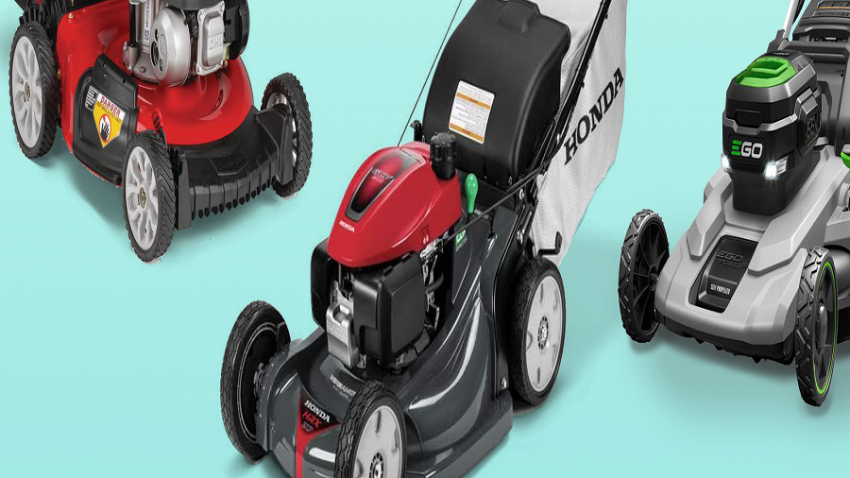
What Is The Best Lawnmower to Buy: A Comprehensive Guide
Types of Lawnmowers
When pondering the question, ‘what is the best lawnmower to buy,’ knowing the types available is essential. Mowers come in various forms, each suited for different lawn sizes, terrains, and personal preferences. We’ll explore the most common types to help you make an informed decision.
Push Lawnmowers
Push lawnmowers are the classic choice. They require manual effort to move across the grass. This type is ideal for small to medium-sized lawns. They are typically more affordable and easier to maintain. Push mowers offer a good workout and give you complete control over the pace and pattern of mowing.
Self-Propelled Lawnmowers
Self-propelled mowers are similar to push mowers but have a motor that drives the wheels. They require less physical effort and are great for larger lawns or areas with slight inclines. Some models come with adjustable speeds, letting you mow at a comfortable pace.
Riding Lawnmowers
For very large lawns, a riding lawnmower might be ‘the best lawnmower to buy.’ It allows you to sit and steer the machine across vast swaths of grass. They are more efficient for big jobs but also more expensive and require more storage space.
Electric Lawnmowers
Electric lawnmowers can be corded or battery-powered. They are quieter and more environmentally friendly than gas-powered mowers. These mowers are suitable for small to medium lawns and eliminate the need for gasoline fuel. They are often lighter and easier to handle but may require recharging or proximity to a power outlet.
Robotic Lawnmowers
The pinnacle of convenience, robotic lawnmowers, work autonomously within a defined boundary. They are perfect for those who want a well-kept lawn without the effort of mowing. They can be programmed to cut at specific times and are efficient with battery use but are usually the most expensive option.
 Factors to Consider When Buying a Lawnmower
Factors to Consider When Buying a Lawnmower
After exploring the different types of lawnmowers, let’s dive into essential factors you should consider before making your purchase. The perfect lawnmower depends on various conditions unique to your lawn and personal needs.
Lawn Size and Terrain
Evaluate your lawn’s size first. Small lawns often only need a push mower, which is more affordable. For medium to large lawns, look for self-propelled or riding mowers — they save time and effort. Don’t forget the terrain. Flat terrains allow most mowers to function well, but for sloped terrains, self-propelled mowers with good wheels are best.
Power Source and Efficiency
Choose a power source that suits your convenience. Electric mowers are quiet and eco-friendly but may lack the power gas mowers offer. If you dislike cord management or charging batteries, a gas-powered mower is likely the best choice.
Maintenance and Durability
Mowers need regular upkeep. Gas mowers require more maintenance than electric ones. Think about blade sharpening, oil changes, and air filter replacements. Durability matters too. A robust mower lasts longer but may cost more upfront.
Features and Accessories
Lastly, consider the extras. Does the mower have a bagging option? Can you adjust the cutting height easily? Some mowers offer mulching capabilities or come with helpful accessories. Always weigh these features against your actual needs.
Popular Lawnmower Brands and Models
Choosing a lawnmower isn’t just about the type or features. It also helps to know which brands and models stand out. Top manufacturers have honed their designs for optimal performance and durability. Some of the very best brands include Husqvarna, John Deere, and Honda. Each offers unique attributes catering to different needs.
Comparing Top Manufacturers
When comparing the leading manufacturers, consider their specialties. Husqvarna is well-known for robust, feature-rich models. John Deere is synonymous with reliability, especially for riding mowers. Honda mowers are famous for their engines’ longevity. Ensure you review the warranty and after-sales service offered by the manufacturers.
User Reviews and Ratings
Reviews and ratings from current users provide transparent insights. They highlight real-life experiences with various lawnmower models. Look for common praises or complaints in these reviews. Ratings can help guide your decision on what is the best lawnmower to buy. Remember, a lawn mower that works well for others may also work well for you.
Budgeting for Your Lawnmower
When considering ‘what is the best lawnmower to buy,’ budgeting is crucial. Finding the right mower includes understanding how much you are willing to spend and evaluating the features offered for the price. Let’s break down the budgeting aspect to ensure you make a smart financial decision.
Price Ranges and Expectations
Different types of lawnmowers come with varied price tags. Push mowers generally cost less, typically ranging from $100 to $300. Upgrading to self-propelled models, expect prices between $250 to $500. Riding mowers are steeper in price, starting around $1,000 and can go up substantially depending on features and brand. Electric and robotic lawnmowers vary widely, with some electric models being comparably priced to gas mowers, and robotic options often exceeding $1,000.
Set a budget after considering lawn size, terrain, and desired features. This will guide you towards options within your financial comfort zone.
Cost-Effectiveness and Value for Money
While the cheapest option may seem attractive, consider cost-effectiveness. A durable, slightly more expensive mower that lasts many years may offer better value for money than a cheaper model needing frequent repairs. Similarly, a mower that consumes less fuel or electricity can save more in the long run, balancing initial costs with future savings.
Evaluate the overall benefits including maintenance costs, energy efficiency, and warranty. Doing so can highlight which mower provides the most bang for your buck. Always remember, a good quality lawnmower is an investment towards a well-maintained and beautiful lawn.
Lawnmower Safety and Operation
Safety should be your top priority when operating a lawnmower. A machine with sharp blades and powerful engines requires respect and knowledge of its safety features. Understanding these features is key to preventing injuries and ensuring a safe mowing experience.
Understanding Safety Features
Most modern lawnmowers come with essential safety features. Look for options like automatic shut-off when the handle is released or when the mower tilts to a certain angle. Some models have a child lock feature, preventing accidental starts. Make sure the blades are enclosed to protect against flying debris. A shield at the rear can stop objects from being hurled back towards the operator. Always check these safety elements before making your purchase.
Best Practices for Safe Mowing
Adopting safe mowing practices is just as crucial as the features themselves. Always wear closed-toe shoes and long pants. These protect your feet and legs from the spinning blades and flying objects. Use ear protection when using gas-powered mowers, as they can be loud and potentially damage your hearing. Never mow on wet grass. This can cause slips and the mower to clog. Always read the manual for your specific lawnmower model to understand its operation and safety instructions. Keep children and pets inside while mowing to avoid accidents. By following these best practices, you reduce the risk of injury for yourself and others around you.
Where to Buy Lawnmowers
Navigating where to buy the best lawnmower can be as important as selecting the mower itself. The right purchase spot often provides competitive pricing, customer support, and warranty benefits. Let’s look at where you can find lawnmowers.
Online Retailers and Local Stores
For convenience, online retailers offer a broad range of models with detailed specifications and reviews. Sites like Amazon and manufacturer’s websites are popular options. They allow price comparison and often have deals. Local stores provide the advantage of seeing the mower firsthand. Local dealers also offer personalized service and advice based on your regional needs.
Before making a purchase, check return policies and delivery options. Whether online or in-store, ensure you’re buying from reputable sources. If choosing local, visit several stores to compare prices and services.
Tips for Purchasing and Warranty Information
When you’re ready to purchase, consider these tips:
- Read the product description carefully.
- Check for warranty details. A good warranty can save money on future repairs.
- Look for after-sales support. Access to service centers is a plus.
Ask about extended warranties and what they cover. Keep all receipts and documentation in case warranty service is needed. Remember, thorough research before buying can prevent issues later on.




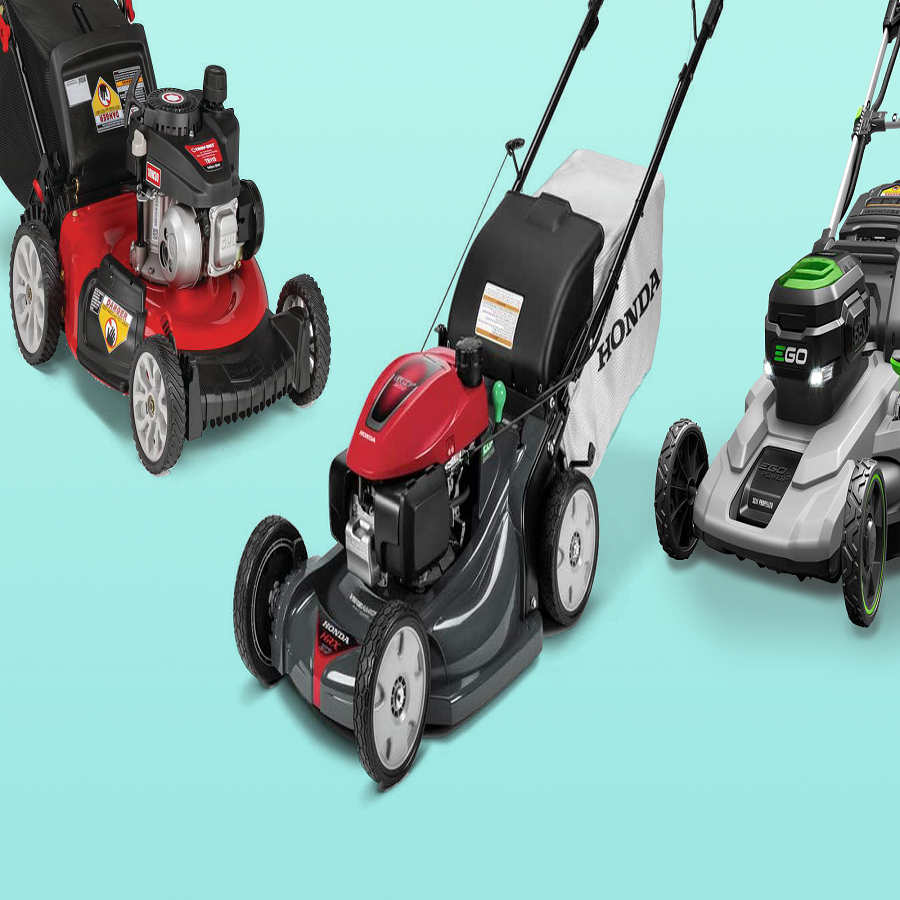
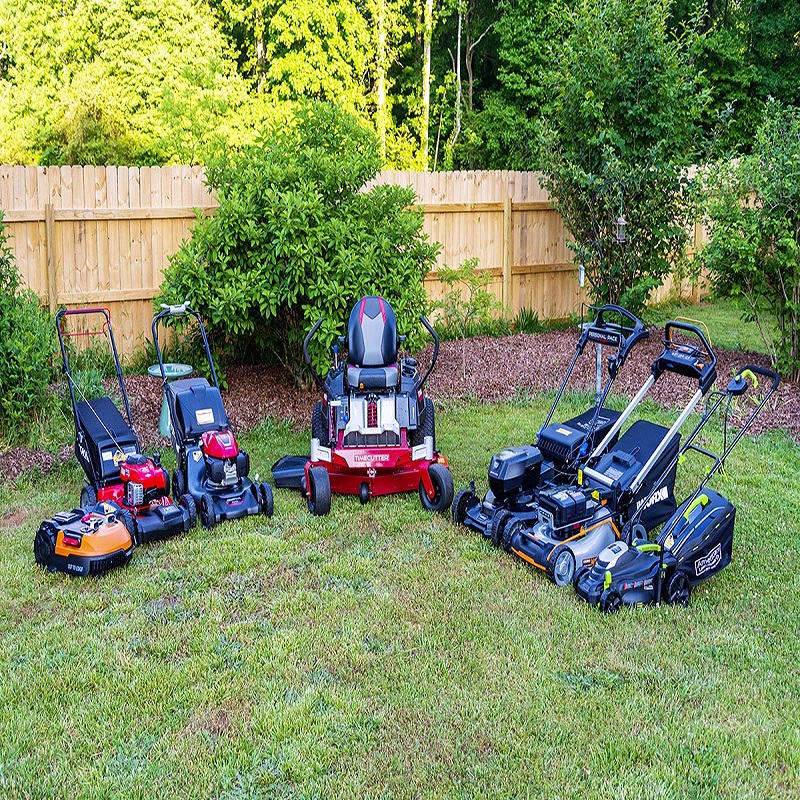



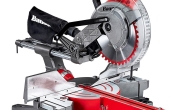



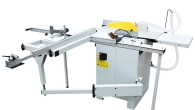
Leave a Reply